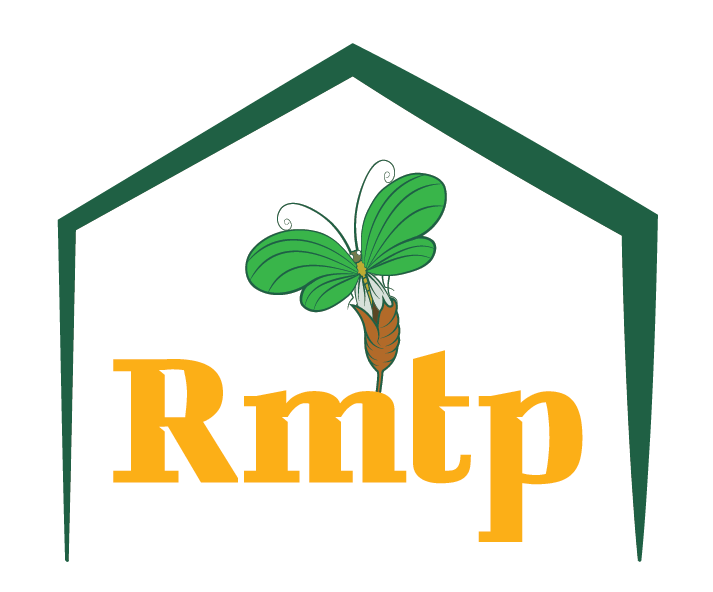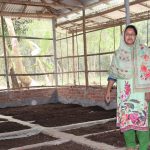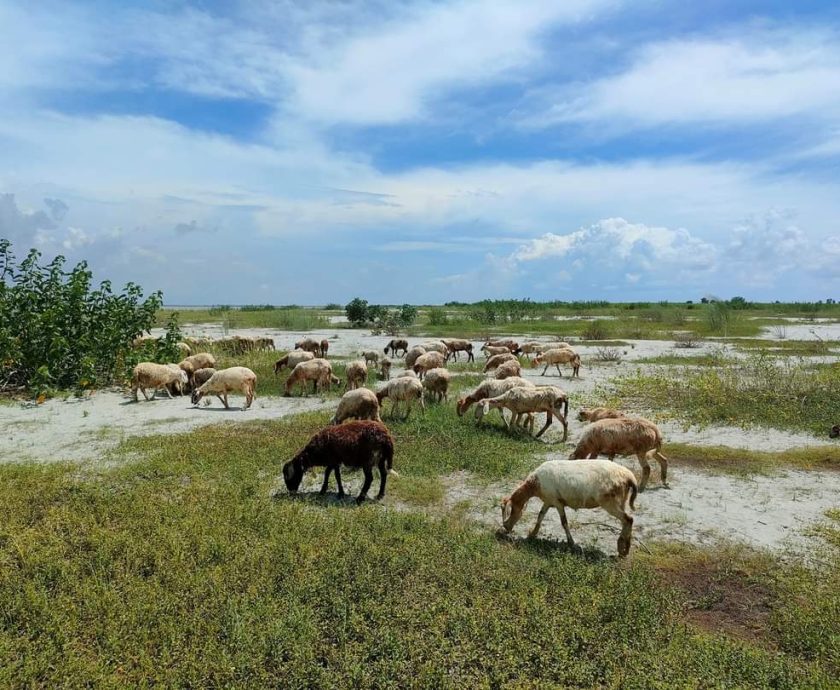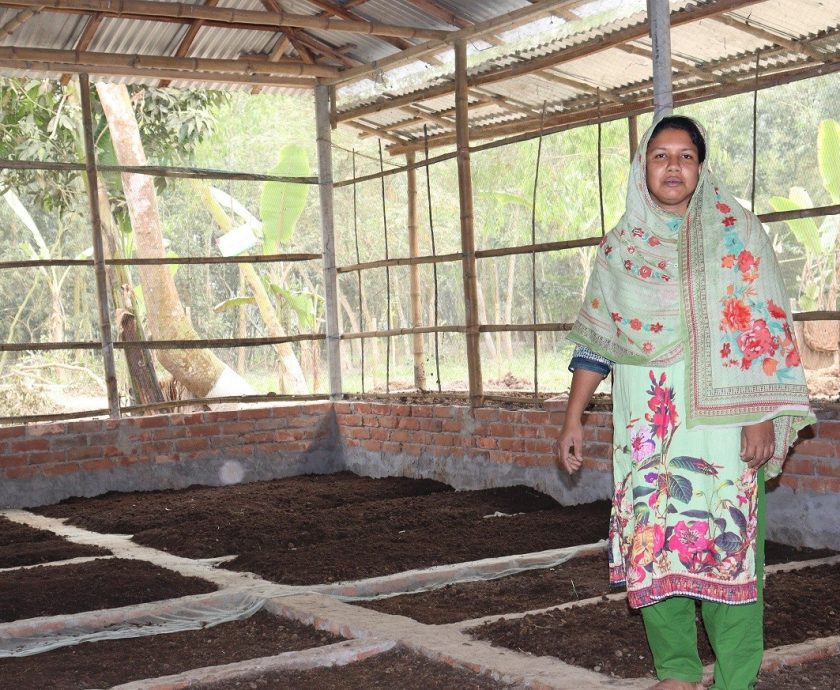In the northernmost part of Bangladesh, on the foothills of the Himalayas, a group of women in brightly-coloured headscarves walk along rows of equally vibrant tulips.
Supported by IFAD’s Rural Microenterprise Transformation Project, and co-financed by Danida, and PKSF, these women are part of a group of farmers who were provided with tulip bulbs and training on how to grow the flowers then market them online. After grading, cutting and packaging the flowers, they are sent to Dhaka for sale. In less than a year, the farmers have made close to 1 million BDT (just over US$ 9,000).
As the tulips bloomed, so did the local economy. Having spotted the tulip fields on social media, tourists began flocking to the picturesque place, generating business for local restaurants and accommodation.

Both the entrance fee to the tulip garden and flower orders can be paid using mobile money transfer and mobile banking, with many customers placing orders on WhatsApp and Messenger.
As her phone pings with a new order, flower grower Shumi Akter tells us how “the marketing and cashless money transfer system have boosted our confidence.”
But today’s success did not come easy—it required sacrifice and determination. “Many of our neighbours criticized us for cultivating tulips,” says flower farmer Sajeda Begum. The women’s success is shifting attitudes around gender norms and inspiring others to invest in this profitable venture. “Now, they are turning to us for advice on how to grow tulips.”






